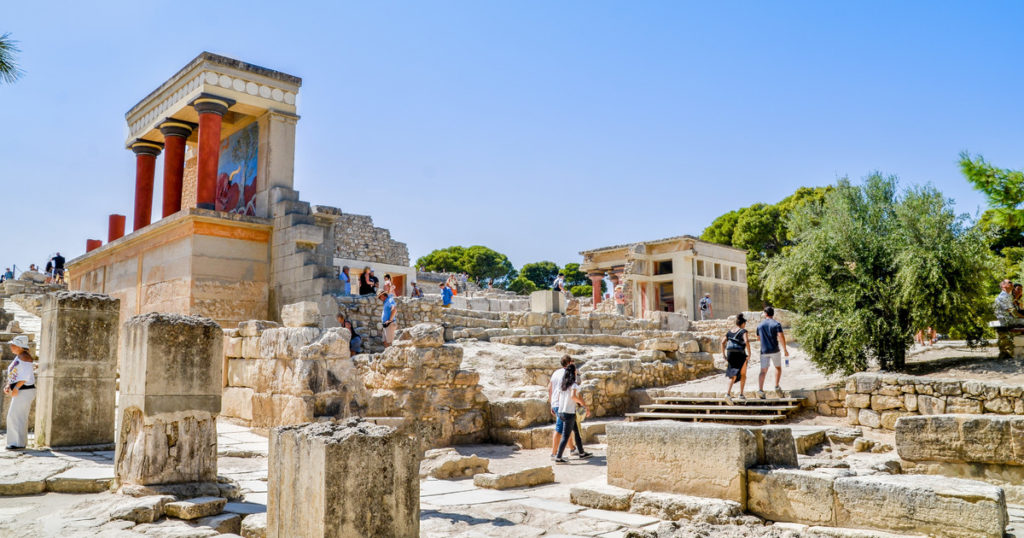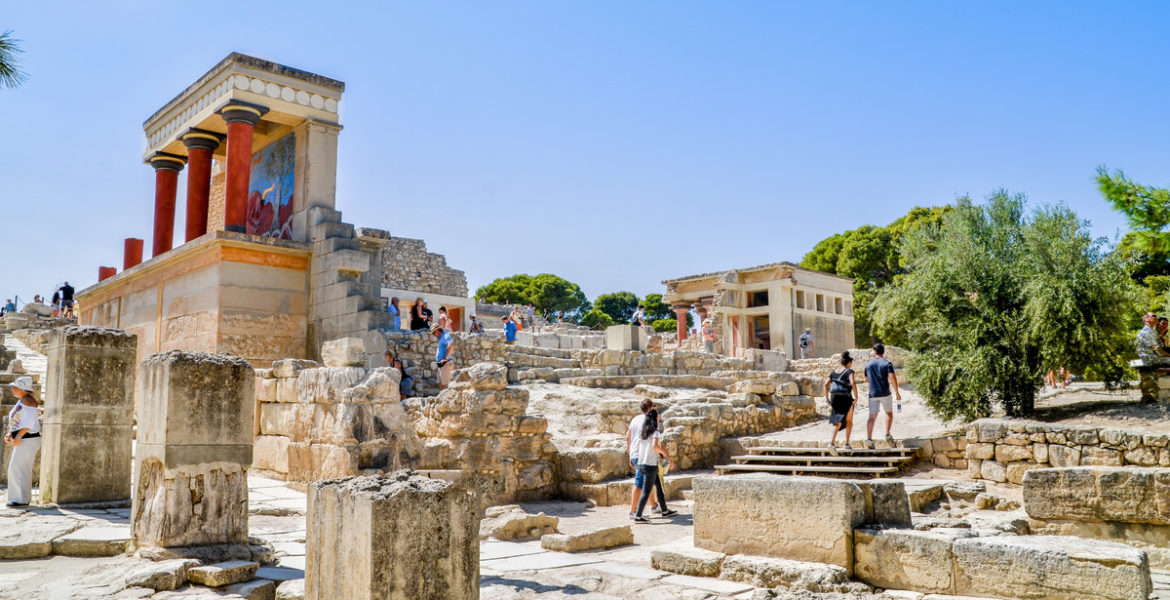
The Greek government has taken 2,330 archaeological sites, monuments and museums out of a state assets fund, after protests by Greeks who feared these historical sites might be sold off.
The Government Economic Policy Council has decided to partially annul a recent decision by Greek Finance Minister Euclid Tsakalotos which foresees the transfer of some 2,330 sites under the supervision of the culture ministry to the Public Properties Company SA for their exploitation.
The council decision was published in the Government Gazette on Monday.
Under the council’s ruling, Tsakalotos is urged to revoke the transfer of hundreds of unnamed properties of archaeological and cultural significance, among these the Palace of Knossos on Crete, and Thessaloniki’s landmark White Tower, to the PPCo SA.
The PPCo SA is owned by the non-public Hellenic Corporation of Assets and Participations (HCAP) and is aimed at taking over the management of public real estate and exploiting the state’s private real estate “to secure the public properties and convert them in an active asset of national wealth”.
On Tuesday, the culture ministry held a press conference on the issue underlining the importance of preserving cultural heritage and the necessary actions required to safeguard archaeological and natural sites from questionable exploitation.
Archaeologists, as well as other expert bodies, have appealed to the Council of State over the decision, which foresees the transfer of archaeological sites as well as protected areas under the Natura and Ramsar conventions claiming it is unconstitutional.
Monday’s ruling includes the publication of the codes of 2,330 properties under the culture ministry set to be transferred. The Association of Greek Archaeologists publicised 587 of these codes which included some of the country’s most important monuments as well as UNESCO-listed sites.
Tsakalotos is expected to immediately clarify which sites will be included under the controversial decision, while the culture ministry moves ahead with the necessary provisions that “will ensure the protection of cultural heritage throughout time”.
*Source: GTPHeadlines


